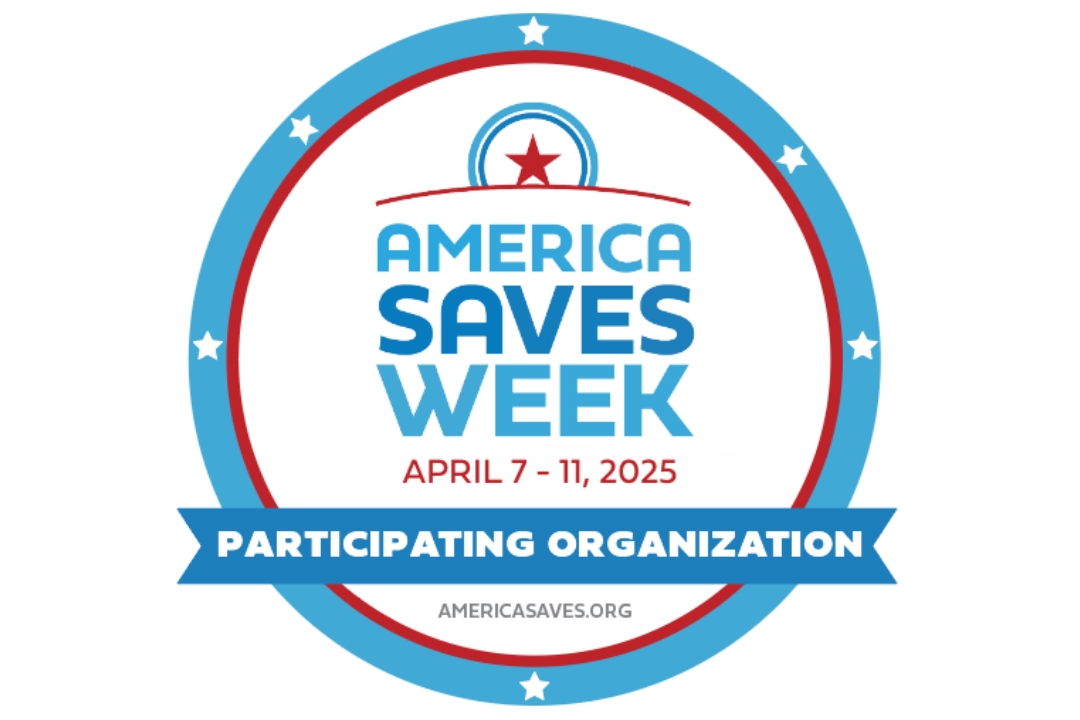A credit score is a three-digit number that represents how creditworthy you are. In other words, this number tells lenders how likely you are to pay a loan back on time.
There several types of credit scores but the most common is the FICO credit score. The FICO® credit score range is from 300-850. The lower the score, the worse your credit is. If your credit score is high, your credit is in good shape. According to credit bureau Experian, a good credit score is 700 or above. FICO has different categorizations for credit scores and a 630 is deemed as “fair”. A “good” credit score is 631-739, a “very good” score is 740-799 and an “exceptional” score is 800-850.
While your credit score can seem like an arbitrary number, it is important when it comes to getting your first apartment or applying for a loan or credit card.
Your credit score can make or break whether you get approved for any type of credit or lending. It also affects the interest rates that you get. This is crucial because the interest you pay on a loan costs you a lot of money over time. A few percentage points on your loan can cost you hundreds of thousands of dollars over the life of a home loan. Therefore, having a good credit score helps you get better interest rates which in turn, saves you money.
What factors affect credit scores?
Length of credit history is a big factor in determining your credit score. The longer you have a line of credit open, the better it is for your credit score (as long as you are making payments on time). According to Experian, there are 5 main factors which determine a person’s FICO credit score.
-
- 35% is based on payment history
- 30% is based on your amounts owed
- 15% is based on the length of your credit history
- 10% is based on your credit mix
- 10% is based on new credit
There are a few simple rules to live by to boost your credit. First, always make your payments on time. Since this makes up 35% of your credit score, it has the biggest impact. Second, keep your credit utilization low. Credit utilization is how much of your total credit you actually use. For example, don’t max out your credit cards every month as this looks like a risk to potential lenders. Third, try not to open too many new credit lines. Opening a lot of new credit at once lowers your score.
Taking action and being responsible with your finances and payments builds your credit score up over time. Maintaining good financial habits is critical to improving your credit score.





